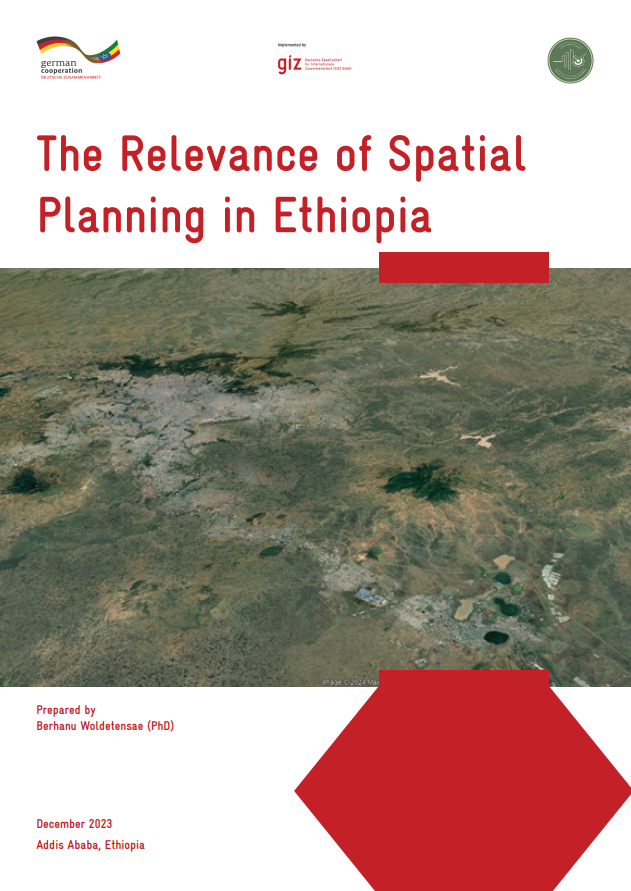This paper explores the concept, elements, and issues related to spatial planning, focusing on its relevance in the context of Ethiopia. The paper highlights the importance of spatial planning in achieving sustainable development, balanced regional development, managing land use, and addressing environmental challenges. It compares spatial planning with other land use planning approaches and discusses the various techniques, tools and methods used in spatial planning, such as Geographic Information Systems (GIS) and Participatory Planning. It explores in depth the rich German spatial planning system from which Ethiopia can draw some lessons. Drawing from this experience in spatial planning, the paper examines the challenges and opportunities faced by Ethiopia in implementing spatial planning and provide insights and lessons learned that can inform future spatial planning efforts.
The Relevance of Spatial planning in Ethiopia


